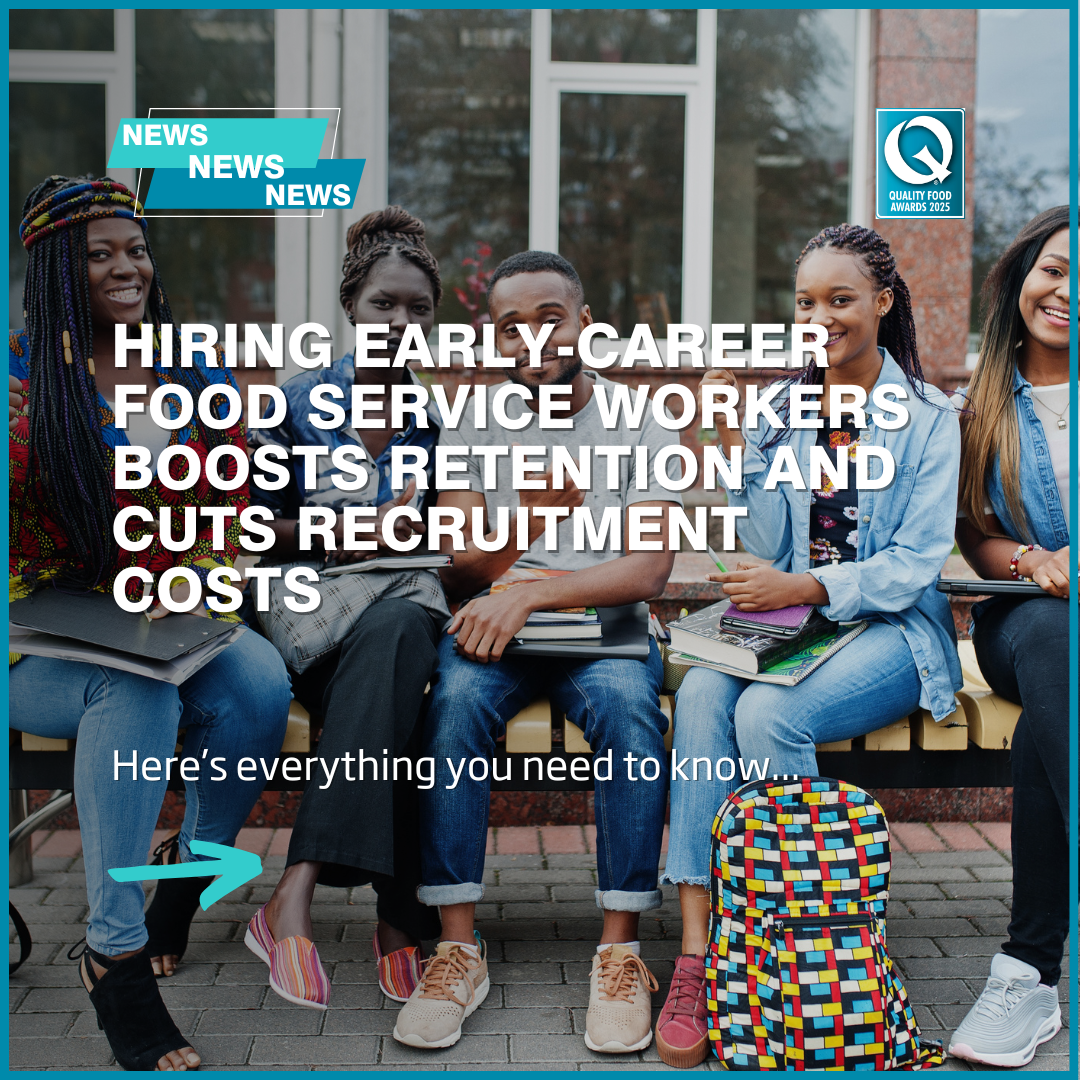
Hiring early-career food service workers boosts retention and cuts recruitment costs
Employers in the food service sector are improving retention and candidate quality by tapping into customer referrals, partnering with educational institutions, and using gamified recruitment apps. Combining authentic social media campaigns with streamlined digital onboarding boosts appeal to tech-savvy early-career candidates and strengthens employer branding.
Hiring early-career candidates in food service roles offers significant advantages for employers, both in the short and long term, as outlined by a range of industry experts. These benefits include fresh enthusiasm, adaptability, and the potential to cultivate talent that aligns closely with company culture. Among the effective recruitment strategies is leveraging existing customer networks, which offers a unique, low-cost pipeline for reliable candidates. For example, Janice Kuz, owner of Flinders Lane Café, discovered that regular customers who referred candidates helped achieve a retention rate more than double that of candidates sourced from online job boards. This approach benefits from customers’ firsthand understanding of the business's culture, allowing a form of pre-screening that increases fit and commitment.
Partnering with local educational institutions also emerges as a key strategy. Collaborations with culinary schools, community colleges, and trade schools allow employers to access a steady stream of enthusiastic early-career candidates with a genuine interest in the food service industry. Allen Kou, of Zinfandel Grille, shared how hosting job fairs at Sacramento's culinary program led to many hires who stayed longer due to their desire to learn and grow in the restaurant business. Additionally, George Fironov, co-founder of Talmatic, emphasised that job fairs, campus ambassador programs, and tailored training sessions through such partnerships not only build brand awareness but also reduce early turnover by setting clear expectations and providing base skills.
Adapting recruitment methods to reach younger, tech-savvy candidates is vital in today’s fast-paced hiring environment. One innovative approach is gamified mobile recruiting, which turns the application process into an engaging, interactive experience. Miriam Groom, CEO of Mindful Career inc., pointed to Domino’s Pizza Australia’s success with a gamified hiring app where applicants undertake simulations of typical job tasks. This method improves application completion rates and candidate quality by appealing to Gen Z’s preference for technology and instant feedback, making the hiring process less intimidating and more inviting.
Social media also plays a powerful role in attracting early-career talent. Bennett Maxwell, CEO of Franchise KI, observed that TikTok and Instagram campaigns with authentic behind-the-scenes content helped hire over 300 employees within six months. Similarly, Eric Sornoso, co-founder of Mealfan, advocates for optimising social media presence to showcase company culture and values, which aids in attracting applicants who align with the organisation’s ethos. This strategy complements the idea of creating branded careers pages—highlighted by APS Payroll—as these pages serve to showcase job openings, employee testimonials, and the company’s culture, thereby professionalising the hiring process and improving applicant experience.
Streamlining the application and onboarding process through digital tools also improves recruitment efficiency. Guillermo Triana, founder of PEO-Marketplace.com, recommends incorporating simple digital filters during applications to reduce no-shows and ghosting, which can save significant recruitment costs. He emphasises automating onboarding with professional employment organisation infrastructure to avoid errors and compliance issues, particularly in multi-unit or large-scale hiring. This approach aligns with broader industry moves towards leveraging AI and automation to manage repetitive hiring tasks, thereby improving candidate matching and processing speed.
Referral programs remain a cornerstone of effective food service recruitment. Mary Case of The Happy Food Company and other experts highlight creating local referral hubs incorporating trusted community organisations and incentivising employees not only with bonuses but with shift preferences and professional development opportunities. This strategy builds trust and effectively reduces turnover and onboarding friction due to the pre-vetting that naturally occurs when candidates come via endorsements. Enhanced employee referral schemes are also noted in hospitality recruiting to accelerate placements and maintain quality hires, supported by technologies that track and manage referrals to optimise outcomes.
Community engagement and proactive outreach, such as hosting on-campus job fairs and group interviews, further enhance volume hiring efforts while fostering a reputation as an employer of choice, according to Harlan Rappaport, co-founder of Hire Overseas. This mirrors suggestions from food service recruitment experts who emphasise treating recruiting with the same care as customer loyalty, valuing personal connections and local presence over impersonal algorithms or mass job boards.
Finally, maintaining a strong employer brand that emphasises clarity in job postings, benefits, company culture, and career advancement is crucial to attracting ambitious early-career candidates. This comprehensive approach involves not only where jobs are advertised but how they are presented to ensure potential employees perceive value and alignment, an insight supported by multiple recruitment thought leaders in hospitality and food service.
In sum, employing a multi-faceted strategy that combines community engagement, modern technology, targeted partnerships, authentic social media outreach, and streamlined digital processes can significantly improve the recruitment and retention of early-career food service workers. These approaches help address the unique challenges of the sector, fostering more resilient and motivated teams poised to support long-term business success.
